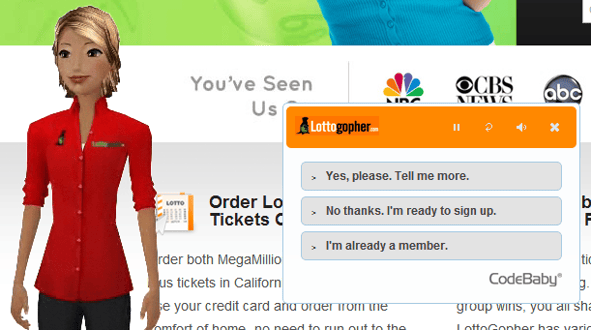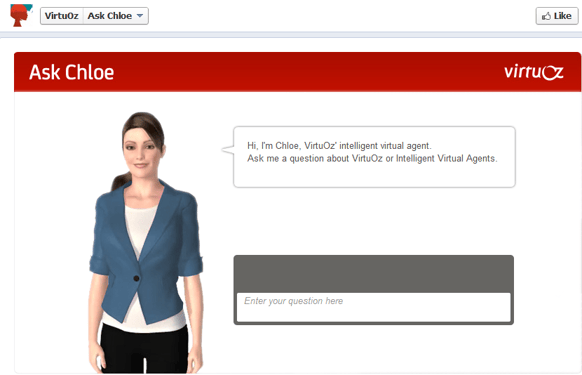Bringing the Sales Team to the 'Net

And while it is easy to hire seasonal employees to help with an increase of foot traffic in-stores, merchants must also take steps to prepare a seamless online shopping experience for their digital guests. For example, a customer who is looking for a product while at a business's brick-and-mortar location can easily ask an associate for assistance, but this is not the case for online customers - who most of the time will get frustrated when they can't find something and either leave the site, or even worse, abandon their cart.
In order to combat this problem, merchants should have technologies set in place - such as live chat or virtual assistant options - so that their online customers will receive the same shopping experience as in-store customers.
Live Chat
If you haven't implemented Live Chat into your website yet, you are probably missing out on some valuable conversions. In fact, a recent Oracle study reveals that 57 percent of consumers believe that live help is among the most important features of a website, while a BoldChat survey shows that live chat is the preferred communication method for 20 percent of the online shopping population.
Not only can live chat help answer basic consumer questions, but it can also help retailers build stronger relationships with their digital customers. This is because live chat provides consumers with a personalized experience, which can lead to an increase in trust, as well as higher average order values.
Live chat platforms, like Velaro and BoldChat, enable retailers to monitor their customers' actions in real time. By doing this, merchants can decrease abandonment and increase conversions by starting a proactive chat with the right customers at the right time. Additionally, merchants can evaluate the paths that consumers take to make a purchase - to see if promotions, such as free shipping, are driving conversions.
Virtual Assistants
Although not yet as popular as live chat, virtual assistants also provide merchants with an avenue for interacting with their digital customer. This unique technology can be instrumental in increasing engagement and helping consumers navigate a website.
In fact, online ticketing provider LottoGopher recently implemented CodeBaby's virtual assistant technology into their site.
"We chose a virtual assistant to better position ourselves with customers that use the Internet to make their lottery ticket choices," says James Morel of LottoGopher. "CodeBaby offers state of the art technology that will certainly help our company convert more site visitors into customers."
CodeBaby's CIVA (CodeBaby Intelligent Virtual Assistant) technology guides site visitors to specific actions, improves site navigation and Web self-service to enhance the customer experience, as well as decreases abandonment rates and increases conversions. Additionally, CIVA reduces the number of times website visitors need to escalate to calls through a company's call center.
Another virtual assistant platform worth checking out is VirtuOz. This company's virtual sales agents can help provide assurance to customers both online or on mobile devices, as well as help merchants eliminate common abandonment issues, such as common product and shipping inquiries. Additionally, VirtuOz's virtual sales associates can even be implemented into a brand's social network accounts, including Facebook, so that brands can offer their customers a similar experience across channels.
CodeBaby Virtual Assistant:

VirtuOz Virtual Assistant from Facebook:










